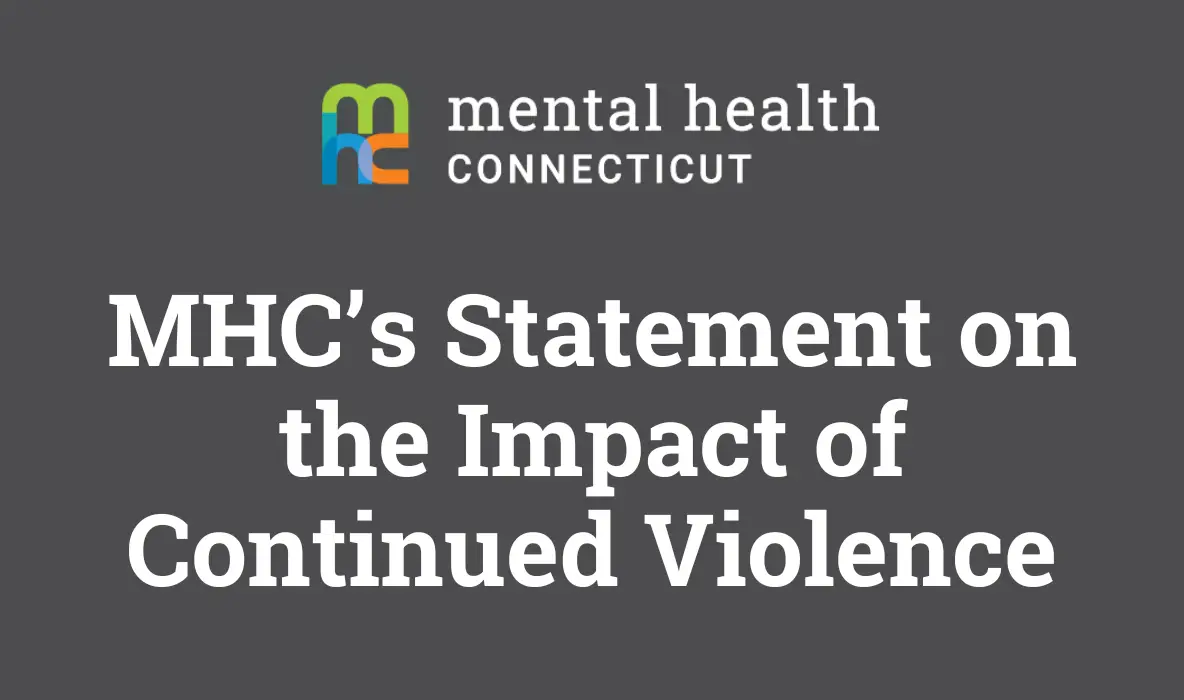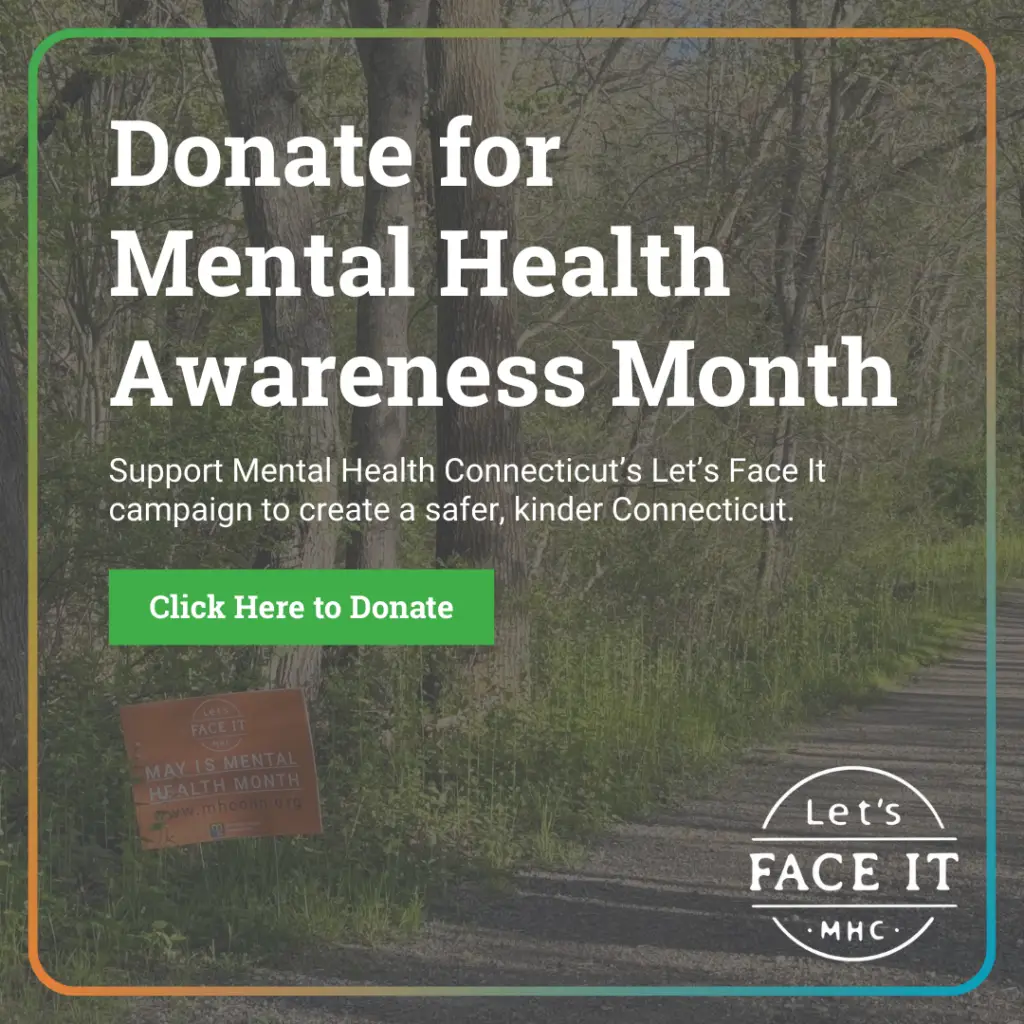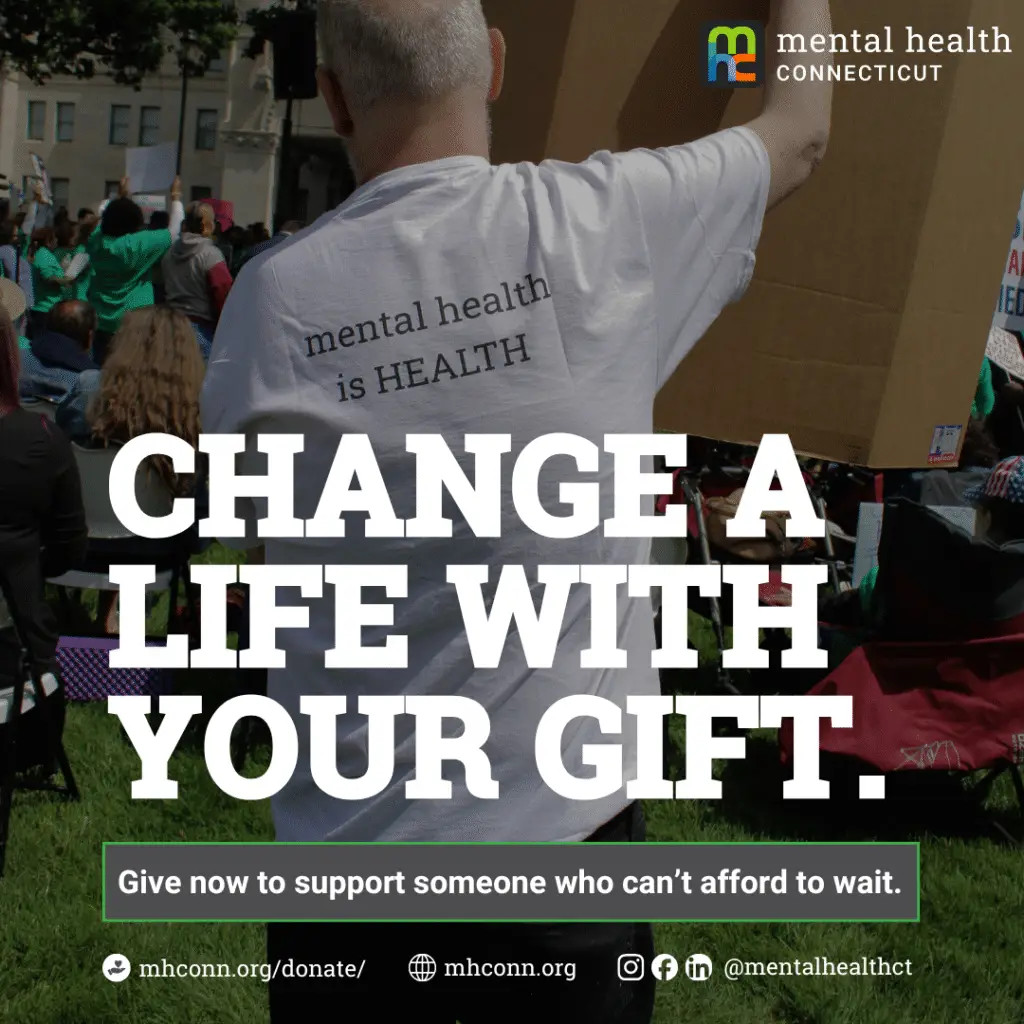At Mental Health Connecticut (MHC), we are deeply saddened by the ongoing violence that continues to claim lives and devastate communities across our nation. Most recently, our hearts are with the victims, families, and community impacted by the tragic shooting in Michigan. We extend our compassion to all who are navigating unimaginable loss.
Gun violence in the United States has become a recurring headline, appearing with alarming frequency. Each new tragedy serves as a painful reminder of how many of our communities are suffering and further instills the belief that we are not safe in our day-to-day lives. What should never be common is, tragically, becoming normalized.
This is not just about statistics or policy. It is an affront to the very condition of being human. Every person deserves to live, learn, and gather without fear of violence. Yet, as shootings continue to happen in schools, workplaces, places of worship, and public spaces, our collective sense of safety and humanity is being eroded.
When violence strikes, those directly affected carry the heaviest burden, but the trauma extends outward. Studies show that constant exposure to shootings via media alone is associated with higher rates of post-traumatic stress symptoms. Over time, many report feeling numb to violence, a coping response that shields us in the short term but chips away at our empathy, ability to grieve, and collective will to demand change. According to a study by Krahé et al., desensitization can also make aggressive thoughts surface more readily, which can increase the likelihood that individuals interpret situations in hostile ways or respond with aggression.
This cycle of trauma and re-traumatization forces individuals to relive fear, grief, and exhaustion, or to grow desensitized, allowing constant violence to fade into background noise. Yet the impact of desensitization extends beyond the individual; it reshapes the fabric of our society as:
- Public empathy wanes: With each tragedy, attention spans grow shorter and compassion fatigue sets in, making it harder to sustain support for survivors.
- Policy urgency fades: When outrage dulls, so too does the momentum for systemic change.
- Violence becomes normalized: What should be unthinkable becomes something many expect, undermining hope and reinforcing fatalism.
- Community trust erodes: When institutions cannot ensure safety or prevent recurring harm, confidence in schools, workplaces, and government weakens.
While we cannot undo the pain of lost lives, we can choose not to grow numb and not to leave survivors to carry the trauma alone. We can honor the humanity of each victim, resist the normalization of violence, and advocate for policies that prioritize prevention. At MHC, we remain committed to creating environments that support health and wellness, and we invite you to join us in rejecting numbness and embracing compassion, for ourselves, our communities, and our shared future.
Resources
- Find a warmline
- Tips for coping through a traumatic event
- Take a mental health screen
- Crisis Text Line
- Disaster Distress Hotline – This helpline, sponsored by the Substance Abuse and Mental Health Services Administration (SAMHSA), provides immediate counseling for people affected by any disaster or tragedy. Call 1-800-985-5990 to connect with a trained professional from the closest crisis counseling center within the network.
- 988 Suicide & Crisis Lifeline – The Lifeline provides free and confidential emotional support to people in suicidal crisis or emotional distress 24 hours a day, 7 days a week, across the United States. Call or text 988 to connect with a trained crisis counselor. Support is also available via live chat at 988lifeline.org.








